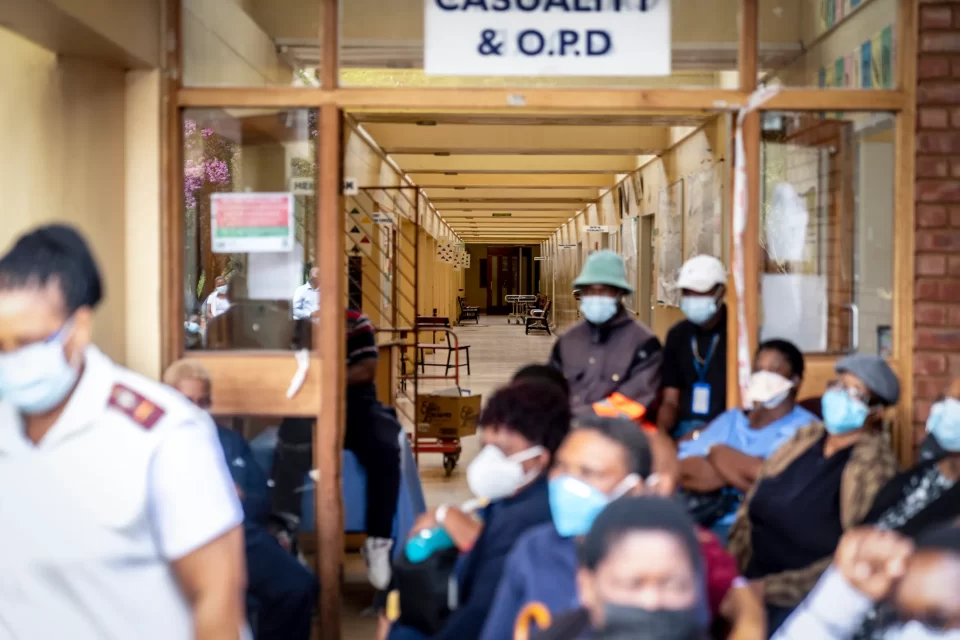SOUTH AFRICA is one step closer to implementing the controversial National Health Insurance (NHI) system, after the National Council of Provinces (NCOP) voted in favour of the NHI Bill on Wednesday.
Eight of the nine provinces voted to approve the bill. The Western Cape voted against it.
ANC secretary general Fikile Mbalula said at a media briefing earlier on Wednesday that party members had to ensure the bill went through. He said anyone who was opposed to it should approach the courts.
The bill, which has been in the parliamentary process since 2019, was pulled from the Order Paper last week when the NCOP chair, Amos Masondo, asked for a delay to consider a letter urging him to revisit the bill.
The letter – written by Business Unity SA (BUSA) and Business4SA (B4SA) – expressed grave doubts that the NHI in its current form could be implemented or would be good for the country. Business says SA does not have the resources to implement the NHI, which would require raising an additional R200 billion in taxes.
News24 reported that the bill’s passage would immediately trigger action by organised business, the DA, and Solidarity.
The DA and BUSA have said they will petition President Cyril Ramaphosa not to sign the bill and to refer it back to Parliament. Both argue that the bill is unconstitutional because Section 33 – which talks about phasing out the benefits for which medical schemes may reimburse members for – will limit access to healthcare rather than progressively expanding it.
Since the bill was introduced in 2019, no changes have been made in four years, despite critical comments from the medical profession, the private healthcare industry, medical aid schemes, and other stakeholders.
Should the petition to Ramaphosa fail and the bill be signed into law, opposition will escalate to the courts.
The bill aims to establish universal healthcare for all South Africans by abolishing the “two-tier” system, in which the bulk of healthcare spending is made in the private sector for the benefit of the few, while the mass of the population is relegated to the “underfunded” public sector.
Image (Gelukspan Hospital in the NW Province, would it improve services to the public following the introduction of the NHI Bill)?

